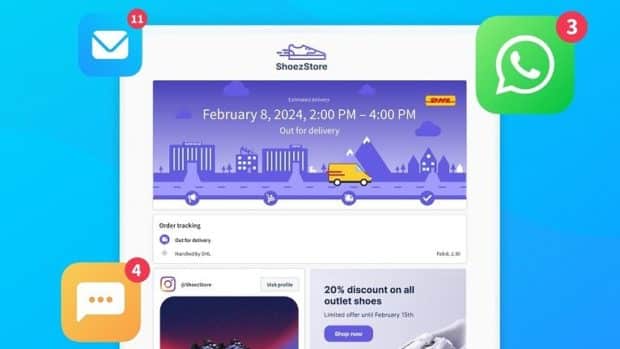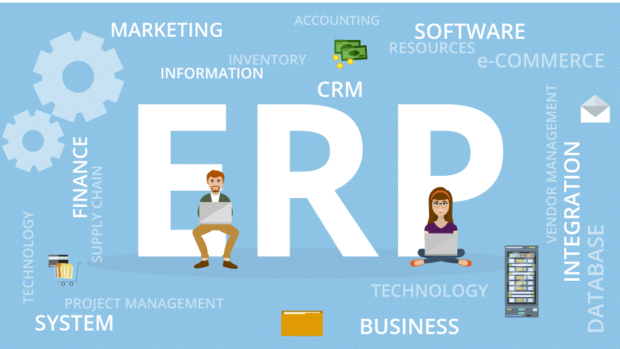Yext has announced that Yext Chat, a new product that empowers organisations to create conversational experiences with cutting-edge AI will launch later this year.
Designed specifically for the enterprise use case, Yext Chat leverages multiple large language models (LLMs) including OpenAI’s GPT-3, the Yext Knowledge Graph, and other proprietary technology to deliver an accurate and natural language chat experience that allows users to ask any question they want about a particular knowledge set. General-purpose large language models are trained on a wide variety of public datasets, which often include little to no authoritative information about a business. Because of this, the accuracy of generated responses cannot be reliably or independently verified, a challenge for businesses, especially when models create inaccurate or misleading “hallucinations.”
To function effectively within a business context, natural language chat experiences must be able to answer questions by referencing curated sets of knowledge. Yext addresses this with the Knowledge Graph, a headless content management system (CMS) that uses entity relationships to optimise an organisation’s content for voice search, chatbots, and other sophisticated AI. Yext Chat generates answers with content stored in the Knowledge Graph, which allows businesses to confirm that responses are accurate and grounded in real-world information. With Search Term Clustering and other robust analytics, Yext customers can easily identify and fill content gaps by adding new content to the Knowledge Graph, creating a flywheel where organisations can continually improve their answers and refine Yext Chat experiences based on the questions being asked.
“We believe it’s critical that every organisation start to understand what AI can do for them. Yext is here to help,” said Marc Ferrentino, President and Chief Operating Officer at Yext. “Yext Chat is a transformative product that will provide every business with world-class conversational experiences that are safe, reliable, and easy to manage. Combining large language models with our Knowledge Graph unlocks a tremendous amount of potential and opportunity for our customers. Recent innovations brought conversational AI to consumers. Yext is bringing conversational AI to the enterprise.”
The company has been infusing AI and large language models throughout its Answers Platform since the launch of its Search product in 2019. Yext Search, known for its differentiated multi-algorithm approach, leverages fine-tuned versions of BERT, DistilBERT, and MPNET to understand natural language and return relevant results from structured and unstructured content sources. AI Data Cleaning, Search Term Clustering, and additional generative features in development use GPT-3 and BLOOM, although the exact LLMs underpinning the technology may change.
“We’ve very intentionally built our platform to be model-agnostic. Different models are well-suited to different tasks, and it’s important that organisations maintain the flexibility to leverage the best possible model for their desired use case,” said Max Shaw, SVP of Product Management at Yext. “With Yext, any business can immediately hit the ground running with out-of-the-box AI in Yext Chat, Yext Search, and various other aspects of our platform. We will continue to innovate on our products as new and better language models emerge, but the Knowledge Graph will always give customers the freedom to use their content with any model they want, in any way they want, regardless of what lies ahead.”







Share